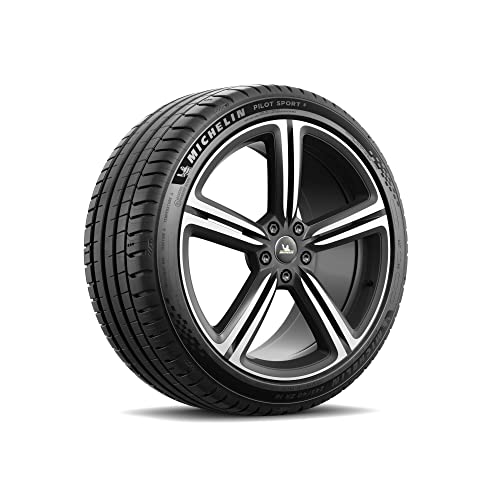Understanding 245/40 R18 Summer Tyres: The Basics and Benefits
What Does 245/40 R18 Mean?
When we see the numbers 245/40 R18 on a tyre, each part holds significant meaning. The first number, 245, refers to the tread width in millimetres. This indicates how wide the tyre is on the road surface, which can affect grip and stability. The second number, 40, is the aspect ratio; that is, the height of the tyre’s sidewall compared to its width. A 40 series tyre has a sidewall height that is 40% of its width. The R indicates the tyre’s construction type, with ‘R’ meaning radial, which is common in modern tyres. Finally, 18 signifies the diameter of the wheel rim the tyre fits, measured in inches. Understanding these numbers helps us ensure we choose tyres that fit our vehicles correctly.
Why Choose Summer Tyres?
Summer tyres, like the 245/40 R18, are specifically designed for warm weather conditions. They provide superior handling and braking performance on both dry and wet roads compared to winter tyres. The rubber compounds in summer tyres remain more flexible in warmer temperatures, making them ideal for performance and safety during summer months. This means lesser tread wear and better fuel efficiency, contributing to a smoother driving experience. If we live in an area with a warm climate or predominantly summer conditions, summer tyres are often the best choice.
Key Features to Consider for Optimal Performance
Tread Design and Pattern
When exploring 245/40 R18 summer tyres, we should pay attention to tread design. The tread pattern influences water dispersion, which directly affects grip and hydroplaning resistance. Look for tyres with a symmetric tread pattern for smooth handling or directional patterns for enhanced water channeling. Duel-purpose designs may also offer a balance of dry and wet performance, enabling us to optimise safety.
Tyre Composition
The composition of summer tyres plays a crucial role in performance. Look for tyres made from high-quality rubber compounds that provide hard-wearing capabilities while ensuring optimal road contact. Tyres with a softer compound may give better grip but could wear out quicker, while harder compounds might last longer but compromise on grip. We should weigh these aspects based on our driving style and conditions.
Selecting the Right 245/40 R18 Summer Tyres for Your Vehicle
Match Tyres to Your Driving Style
Our driving habits critically determine which 245/40 R18 summer tyres we should choose. If we enjoy spirited driving, performance-focused tyres deliver better handling and responsiveness. Conversely, if our daily commute revolves around comfort and efficiency, consider tyres designed for lower rolling resistance. Each choice brings us closer to tailoring our vehicle’s performance to suit our needs.
Compatibility with Vehicle Specifications
Before buying, it’s vital to consult our vehicle’s owner’s manual or a reputable tyre fitment guide. This ensures the summer tyres we choose match the recommended specifications, particularly load index and speed rating. Fitting the right tyres guarantees not only optimal performance but also our safety on the road.
Cost vs Value: Making Your Investment Count
Budgeting for Summer Tyres
While price is a critical factor, we should focus on value rather than just upfront costs when selecting 245/40 R18 summer tyres. Investing in well-reviewed tyres from reputable brands may mean a higher initial expense but often translates to longer lifespan and better performance. Assessing the overall value, including safety features and tyre longevity, can lead us to a wise investment.
Long-Term Savings on Performance
Choosing quality summer tyres can lead to long-term savings. High-performance tyres that grip well and reduce rolling resistance not only enhance the driving experience but also improve fuel economy. Over time, the reduced fuel consumption and increased tyre lifespan make a compelling case for opting for premium options.
Maintenance Tips for Extended Tyre Life
Regular Inspections and Pressure Checks
To ensure we maximise the lifespan of our 245/40 R18 summer tyres, regular inspection is key. We should check tyre pressure monthly, as correctly inflated tyres contribute to better fuel efficiency and handling. Additionally, we should examine the tread for any signs of wear or damage, addressing any issues promptly to avoid larger problems down the line.
Rotate Tyres Periodically
Rotating our tyres at recommended intervals promotes even wear. This practice involves switching tyres from one position to another on the vehicle, reducing the likelihood of uneven tread wear. By following this simple guideline, we contribute to extending overall tyre life, ensuring maximum performance throughout their lifespan.




